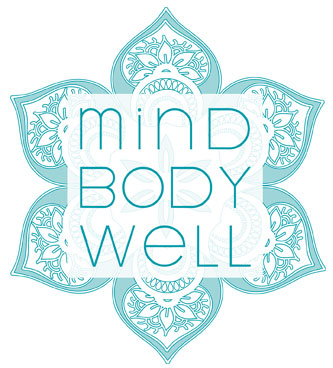Let me set the scene… there I am, pants off, hot wax hovering just above my legs… when the inevitable question comes from the beautician.
“So, what do you do?”
Honestly, sometimes I lie when I’m asked this question. If I’m not in the mood for a difficult conversation in my off-duty hours, sometimes I say I’m a teacher. After all I figure that’s only partly untrue.
But today I’m feeling ready for a conversation so I tell her… “I’m a Psychologist”.
There’s usually a slight pause after you say these words as people sort through their reactions of ‘oh my god, is she analysing me’, ‘wow, does she think I’m crazy’, or ‘can she tell I’m depressed’.
It’s Psychologist people… not Clairvoyant. Anyway, back to the story.
“Oh, that must be an interesting job”, she says. “Do you work in a particular area?”
Me – “I specialise in working with people who have eating disorders and body image issues”.
And then it comes… “Oh, I wish I could have an eating disorder for a little while, then maybe I could lose some weight”.
There’s a momentary pause here while I deal with my impulse to tip the hot wax over her head… then I remember I am a yogi… I take a deep breath and smile.
Now ok, while I acknowledge the tipping hot wax reaction might be a bit extreme, this is not the first time I’ve heard comments like this. After a day of seeing clients with significant distress and suffering caused by a condition with the highest mortality rate of all mental health conditions, I can forgive myself for the thought.
Yes… you read right, eating disorders have the highest mortality rate of all mental health conditions.
So I begin to explain that to her. I start out describing the significance of the conditions falling under the eating disorder umbrella. Then I tell her that no-one who has even know someone with an eating disorder would think it’s a good thing to have, even for ‘a little while’. Then I wind up the conversation with my very best body-positive / non-dieting / self-care comments… all in the hope that I might have convinced her of something useful in this 15 minute ripping-hair out experience.
I leave handing her a business card – she tells me she has lots of clients who talk to her about their body image issues – and hope I haven’t come across as too much of a grumpy old woman.
This lack of understanding of the mental and physical health significance of eating disorders is a frustration I hear from many of my clients. They tell me of assumptions from others that they’re attention seeking, or selfish, or not trying to get better. This lack of awareness can result in people being discriminated against and unfairly judged, and can cause some to ignore the early warning signs of a developing eating disorder until it’s already fully entrenched.
Treatment for any mental health condition is always more effective if it starts early, so it’s important to recognise the risk factors and early warning signs, and acknowledge that eating disorders are serious conditions needing expert treatment.
The most common risk-factors for the development of an eating disorder include:
Psychological factors
Poor self-worth
Perfectionism
Emotion avoidance
Poor body-image and a preoccupation with weight and shape
Behavioural factors
Weight loss dieting and extreme weight loss behaviours
Socio-cultural factors
Exposure to social messages valuing thinness
Genetic factors
There is some early evidence of possible biological factors related to eating disorder risk – international research is currently being undertaken to explore a potential genetic basis of eating disorders (http://www.med.unc.edu/psych/eatingdisorders/our-research/angi)
If you identify any with the risk factors above then it’s important to seek treatment early. Look for health professionals who have experience working with people with disordered eating and eating disorders.
All practitioners at Mind Body Well have extensive experience in the following areas, and we may be able to help you. Give us a call if you’d like assistance with:
the psychology of food and eating
body image and concerns with weight management
disordered eating and eating disorders.
Early intervention can save lives.

